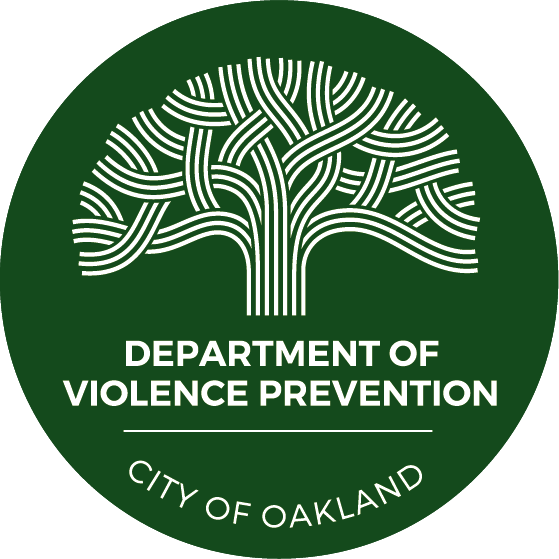2018 Frontline Summit Agenda
A summary of the 2018 Frontline Summit agenda showing trainers, skillsets, and training times.
9:00 – 10:30
(Whole Group)
Welcome
Keynote: Carole McKindley-Alvarez
Coach’s Stand Group Activity – Led by Leslie & OU Certified Coaches
4:30 – 5:00
(Whole Group)
Closing Remarks
5:00-6:00
Networking Hour
Building Transformative Relationships with Clients
Motivational Interviewing
Trainers
Carole McKindley-Alvarez
Session Time
1:45 - 3:00
Trainers
Carole McKindley-Alvarez
Session Time
10:45 - 12:00
Trainers
Carole McKindley-Alvarez
Session Time
3:15 - 4:30
Coaching
Trainers
Leslie Brown
Session Time
9:45 - 10:30 (Whole Group)
Three Levels of Listening & Clients Agenda: Transformational listening is the key to supporting deep change. You will learn about the three levels of listening that you can use with your clients and co-workers. You will also learn how to listen for deeply held limiting beliefs that can show up when supporting people to grow.
Trainers
Leslie Brown
Session Time
1:45 - 3:00
Empowering Questions: Asking the right questions helps clients take ownership of their change and helps move the coach out of an advice-giving role. This workshop builds your skill in asking empowering questions – a coaching skill that was developed to invite clients to think about their needs and what is most important to them.
Trainners
Leslie Brown
Session Time
3:15 - 4:30
Moving from Crisis to Healing
Healing and Self-Care
Soul Injury and Self-Care: The source of soul injury is un-mourned grief, unforgiven guilt, and shame over things we think we should or should not have done. For people who are creators or victims of violence, grief, guilt and shame can get in the way of healing and can lead to burn out for people that serve them. Learn about soul injury and how to support healing in this interactive workshop.
Trainers
Marilyn Ababio (Comfort Homesake) Wanda Ferguson
Session Time
1:45 - 3:00
Mindfulness Strategies for Deescalating During Crisis: Helping your clients manage crisis and stay alive creates stress for people working on the frontline. In this workshop you will learn strategies that you can use anywhere to gain self-awareness, calm yourself and your clients during a moment of crisis.
Trainers
Gabriel Kram
Earl Simms (Roots)
Session Time
10:45 - 12:00
Mental Health First Aid: Like CPR For Your Mind: Like CPR For Your Mind: It can be hard to know how to support clients who are experiencing mental health or emotional challenges. In this interactive workshop, you will learn about how mental health issues might show up in your work and strategies for supporting your clients and loved ones.
Trainers
Cat Willett & Ivan Villasenor-Madriz
(Catholic Charities)
Session Time
10:45 -12:00
Family & Community
Working with Groups and Networks: The Benefits and Setbacks: Social networks (i.e. friends and families) can be a source of strength or a barrier to breaking the cycle of violence. Learn how to help your clients cultivate strength-based networks and how to eliminate negative influences in their networks.
Trainers
Melvyn Hayward & Ricardo Garcia-Acosta
Session Time
1:45 - 3:00
Expanding our Lens: A dialogue on family and community violence Poverty and racism create diverse expressions of violence in the families and communities we serve. Poverty often creates the conditions that lead to expressions of toxic masculinity in the form of involvement in street violence and abuse. The feminine experience of these same conditions often results in self-harm and victimization- sexual exploitation, commercial sexual exploitation, and domestic/family violence. Participate in a community dialogue on this issue.
Trainers
Holly Joshi (MISSSEY)
Macheo Payne (Lincoln Child Center) Carlos Guerrero (Chidren's Hospital Oakland)
Leah Kimble-Price (Claire's House)
Session Time
3:15 - 4:30
Trainers
Melvyn Hayward & Kevin Grant
Session Time
10:45 - 12:00
Healthy & Effective Workforce
Professional Development & Supervision
Telling Your Story: Glynn Washington is the host and executive producer of Snap Judgement, a public radio podcast that lifts up the stories of people like you and I. His radio show recently profiled the stories of people in the Oakland Unite network in the episode “Counted: An Oakland Story” about all of the victims of gun violence in Oakland in 2017. Glynn will share why it’s important to tell the stories of our work and share a story of his own.
Trainers
Glynn Washington
Session Time
12:45- 1:30 (Whole group)
Honing Your Craft: Whether you are a case manager, a street outreach worker, a violence interrupter, or a workforce employer, you are a valued member of Oakland Unite. You have a craft and skills that are needed to do this important work. Learn about how to hone your craft to establish yourself as part of a national network of leaders working to end community violence.
Trainers
Melvyn Hayward
Session Time
3:15 - 4:30
